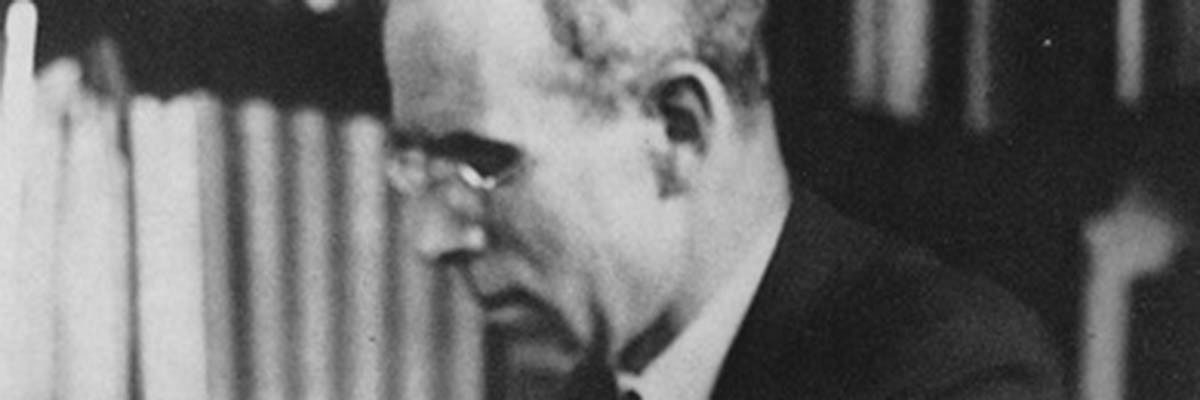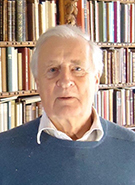
Stanley Morison: Master of Modern Typography.
with
Nicolas Barker
Stanley Morison, author of First Principles of Typography, has exercised a greater influence on the shape of printed words in the last century than anyone else. Chance reading of The Times Printing Supplement on printing on 10 September 1912 introduced him to the world of printing. The Monotype process of simultaneously casting and composing type had just been perfected so as to match the quality of hand-cast type, and Morison convinced the Monotype company to embark on a series of new types that outdid its competitors. By now familiar with the history of both writing and printing, he was able through historical writing to demonstrate the quality of the new Garamond, Baskerville, and, through his friendship with Eric Gill, Perpetua and Gill Sans. As Editor of The Fleuron, he displayed by example all the latest work in print and graphic design, as well as its history. His career reached its climax with the commission to re-design The Times, and with it to create Times New Roman, the most popular of all modern types. He went on to write the history of The Times and, despite the destruction of his books and papers in World War II, the history of the ancient Fell types at Oxford. His last work, Politics and Script, revealed the mutual impact of politics and religion on script and print.
The Herb Lubalin Lectures are recorded and made available here and on Vimeo with the generous support of Hoefler&Co.
About Nicolas Barker

